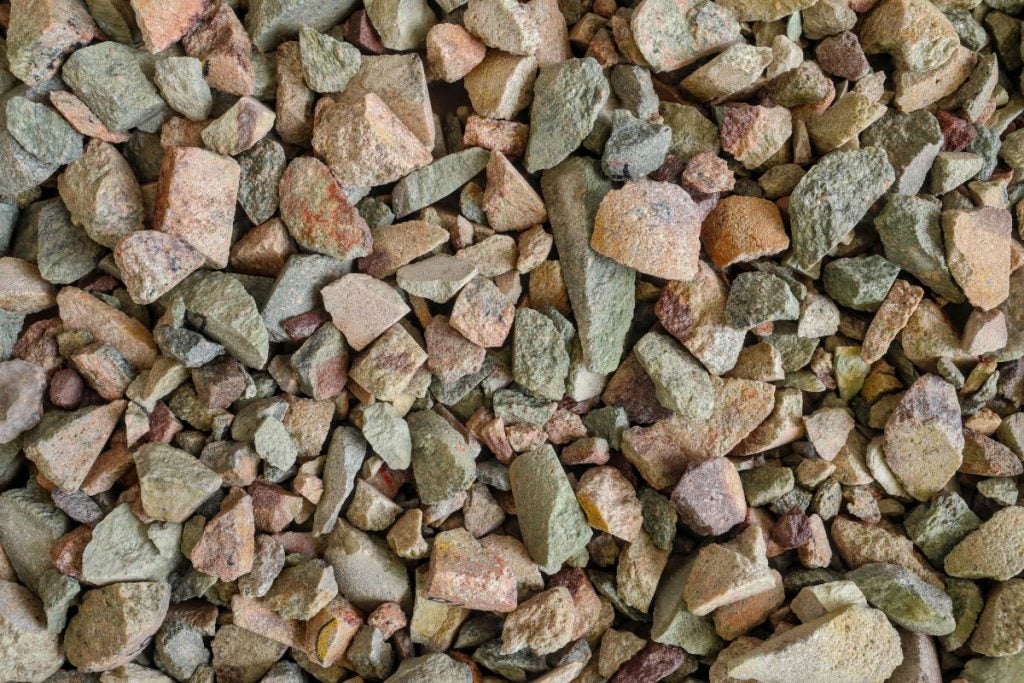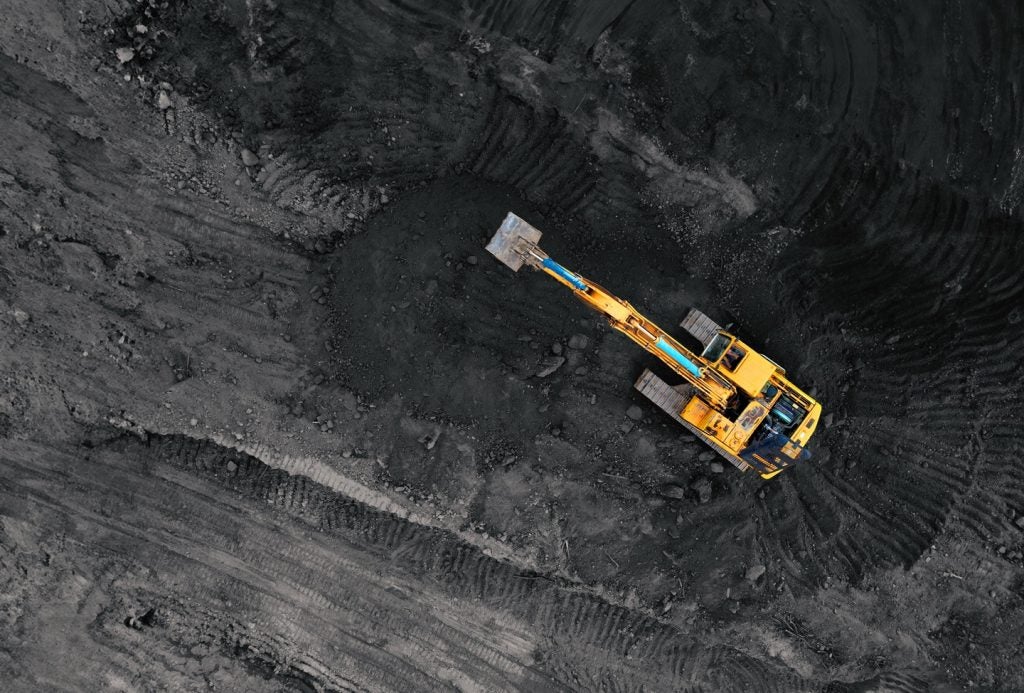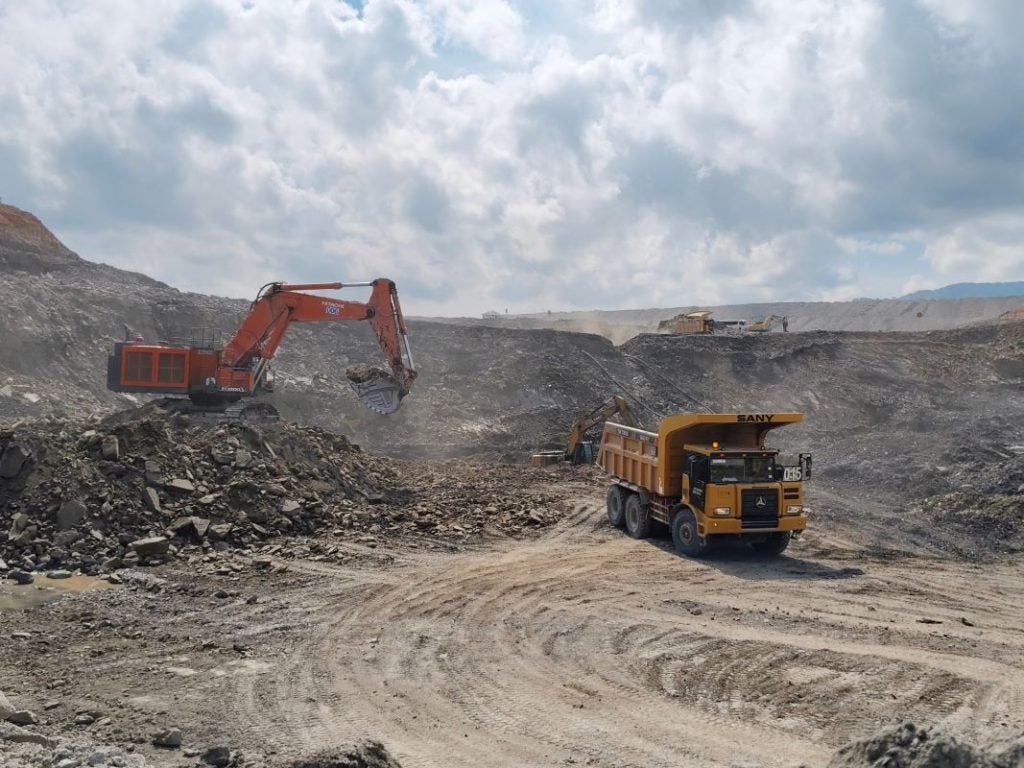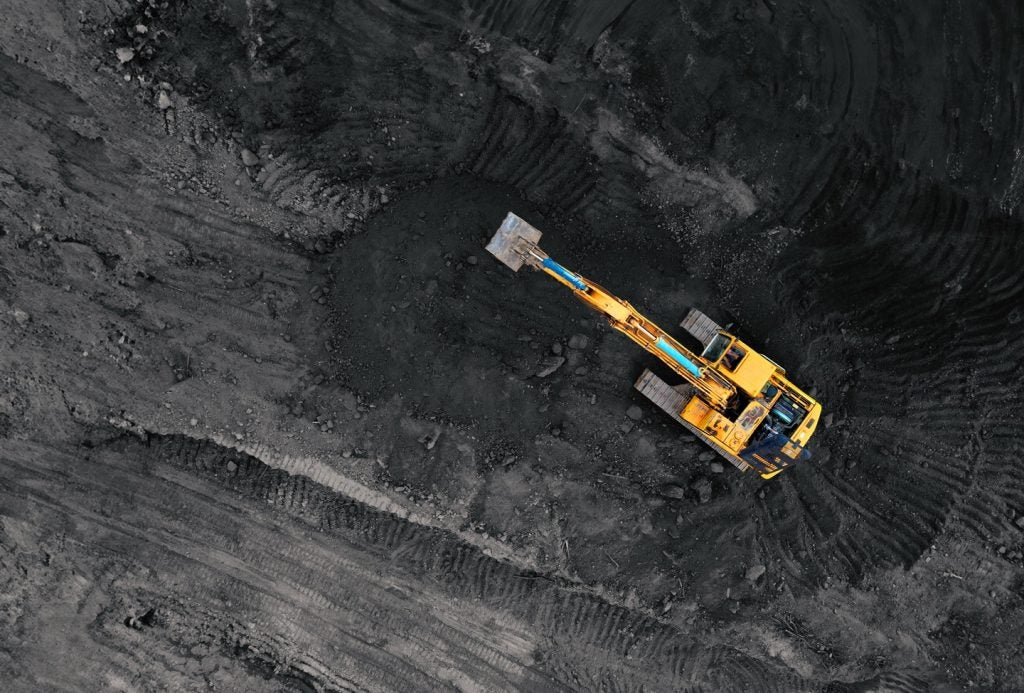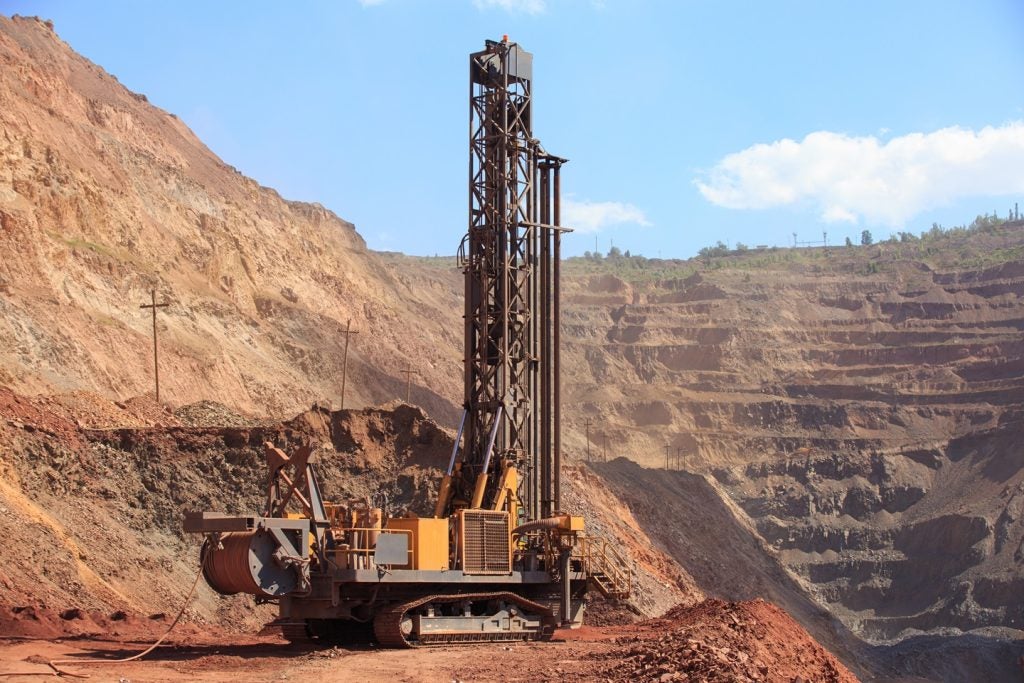Kamala Harris has pledged to create a US national reserve of essential minerals to reduce reliance on China and boost economic and national security.
The US Vice President said that a stockpile of these materials, which are used in various applications from batteries to defence systems, is crucial for economic and national security.
As part of a larger $100bn industrial policy proposal unveiled by Harris' campaign team on Wednesday, the plan also advocated for new incentives and the utilisation of emergency government authorities under the Cold War-era Defense Production Act to boost domestic processing of critical minerals.
“Increased domestic production will be paired with innovative and sustainable steps to build stronger critical mineral supply chains alongside our allies and partners, including by incentivising investments that expand US and allied production of these resources,” the Harris campaign said, according to media reports.
“These efforts will reduce our dependence on China, which leads [to the] production of many critical minerals,” the campaign statement said.
Critical minerals such as antimony, lithium and cobalt are essential to the economy and the production of many household items, and are at risk of supply disruption.
China's recent bans on antimony exports have significantly impacted the US’ antimony industry. Since the US does not produce any antimony domestically, it heavily depends on China's exports. The US plans to utilise emergency stockpiles while seeking export agreements with other countries.
The Harris-Walz ticket also intends to “stand up to countries like China when they threaten American workers by engaging in unfair trade practices”, Harris wrote on social media platform X.
Harris added that the government would “crack down on counterfeit and unfair goods from China to protect American small businesses and consumers" if elected.
According to the agenda, a possible Harris administration will invest in research and development for critical industries and incentivise domestic processing of critical minerals for manufacturing.
In December, the House Select Committee on Strategic Competition between the US and the Chinese Communist Party suggested establishing a reserve of essential minerals. This would help shield US producers from price fluctuations and guard against China's manipulation of its control over critical mineral supply chains.
Furthermore, the committee proposed allocating $1bn to enhance an existing National Defense Stockpile, a collection of critical minerals managed by the Defense Department. This stockpile provides domestic manufacturers with emergency access for defence purposes.


